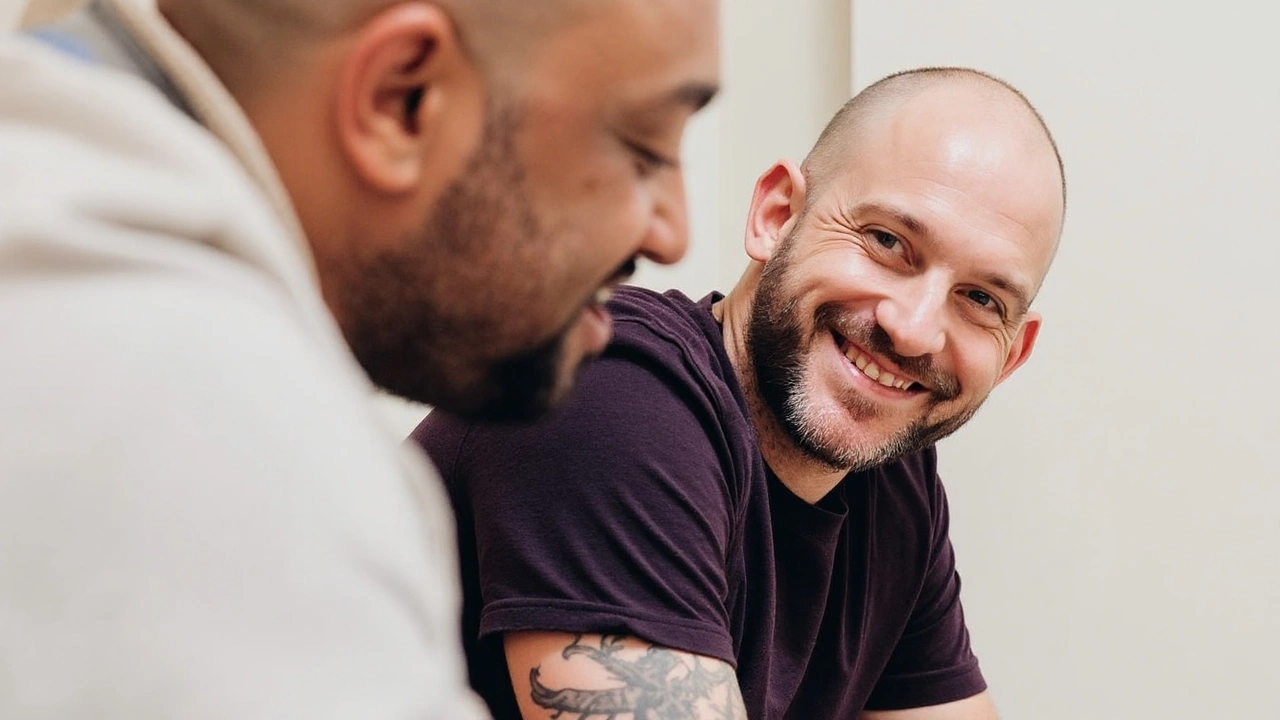NHS Talking Therapies – What You Need to Know
When you hear about NHS Talking Therapies, a collection of free, evidence‑based mental health services provided by the National Health Service in England. Also called NHS mental health support, it covers a range of approaches from one‑to‑one counselling, to group CBT (cognitive behavioural therapy) and other specialised programmes. The core idea is simple: give anyone who’s struggling with anxiety, low mood, stress or more complex conditions a practical way to feel better, without a long waiting list or costly fees. In other words, NHS Talking Therapies encompasses assessment, treatment planning and follow‑up all under one roof, which means you can start the right kind of support sooner rather than later.
How the different services fit together
Think of the whole system as a toolbox. Mental health, the broad field covering everything from everyday stress to clinical depression, is the umbrella under which the tools sit. CBT is a structured, short‑term method that focuses on changing unhelpful thoughts and behaviours – it’s often the first line for anxiety and mild‑to‑moderate depression. Counselling, by contrast, provides a safe space to talk through personal issues without a specific technique, making it ideal for grief, relationship problems or life transitions. Then there are specialised programmes for conditions like OCD, PTSD or bipolar disorder, each designed to match the specific symptom pattern. These services share a common requirement: a referral from a GP or self‑referral in many areas, and a trained therapist to guide you through the process.
Because the NHS runs these services, they’re free at the point of use and follow strict quality standards, meaning you can trust the clinicians are vetted and the therapies are based on solid research. That reliability feeds into the next big benefit – accessibility. Whether you live in a big city or a rural town, many regions now offer online video sessions, telephone counselling, or even text‑based support, breaking down the old barrier of travel time. The result is a flexible system that can adapt to your schedule and preferences, while still delivering consistent care. Below you’ll find a variety of posts that dig into each of these pieces – from how to book your first session, to tips for getting the most out of CBT, and stories from people who’ve walked the path themselves. Ready to explore? Let’s see what each article has to offer.
